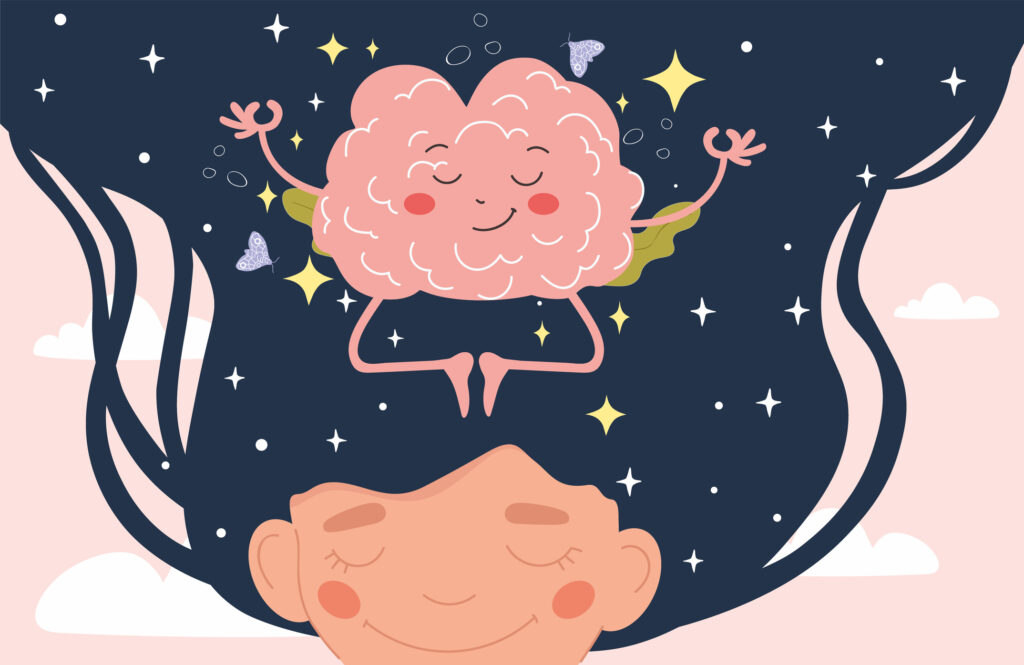Empowering quiet geniuses: 10 signs of a brilliant mind at work

People with brilliant minds have great potential to thrive at work, if nurtured correctly. But how do you spot these quiet geniuses? Neuroscientist Lynda Shaw shares 10 behaviours to look out for…
Five uses of neuroscience to augment business impact

Behavioural specialist and neuroscientist Dr Lynda Shaw shares five top uses of neuroscience to give organisations a competitive advantage.
Right-brain thinking solves the thorniest of workplace conflicts

The right brain’s experience of the world is essential to get unstuck when it comes to workplace conflict.
Seven tips for having difficult conversations at work

The earlier we talk about issues, the better and there are ways to make difficult conversations easier.
How remote working is shaping the office of the future

Before demanding a ‘great return’ to the office, employers must reimagine collective workspaces.
Ten tips to harness your brain’s full potential

By better understanding the brain we can harness its potential and become the best leaders we can be
Anxiety at work: How to build resilience

Keep your enemy close – if you know it, you can conquer it.
Mental health myths: What you know about anxiety is wrong

Why what you know about anxiety is wrong.
Employee wellbeing vs wellness: What’s the difference and why it matters

Matching employee needs with the right services and providers is crucial for workplace wellbeing.
How to cope with the fear of rejection – and win

Why all our decisions, behaviours and actions are fuelled by the fear of rejection.
Why you should be hiring neurodiverse talent

With the digital skills crisis taking over the UK, many talent pools are being overlooked by businesses when they could be a panacea.
Why we need to stamp out the neurodiversity stigma

We need to fight the stigma around neurodiverse employees to encourage inclusivity
The science of meeting dynamics and how to influence them

Smart ways to increase your influence in team meetings
Remote working: How behavioural science can boost employee engagement and performance

Ensuring remote workers remain engaged and happy is a challenge but behavioural science could just be the solution needed.
What is mental fitness? Learn how to exercise your brain

Erin Eatough shares a quick overview on the difference between mental fitness and mental health and how to build your mental muscles.
Why CQ may be more valuable than IQ

Having a culturally intelligent workforce is increasingly recognised as being hugely beneficial to teamwork, performance, communication and cooperation.
Neuroscience: the power of brain gender difference in the workplace

Employers should learn to harness brain gender diversity if they want to get the best from the whole workforce.
Women excel at emotional intelligence – or do they?

Received wisdom is that women are more emotionally intelligent, but does science back this up?
Workplace productivity: enabling our brains to be more productive at work

There are a number of factors that influence productivity and how effective our brains are during the working day. Unfortunately, the set-up in most organisations is the opposite of what it needs to perform at its best. Centuries ago, most workers would have been involved in manual labour and that work would have been limited […]
Employee wellbeing: how to support people with neurodiverse conditions

Employee wellbeing has never been so high up the corporate agenda. Here are some practical tips to help guide you through the challenges of supporting neurodiverse employees’ with their physical and mental health, both inside and outside of the workplace. Supporting employees in the workplace can sometimes feel like an overwhelming and difficult task, with […]
